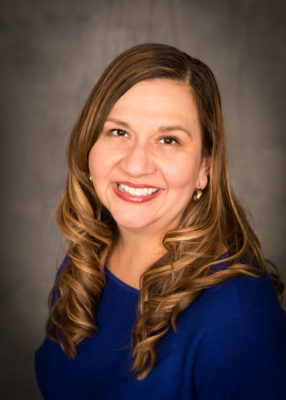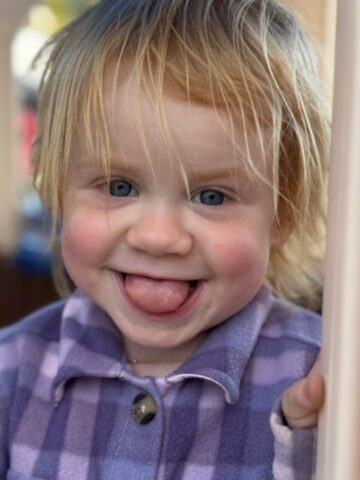CHOC wants referring providers to get to know its specialists. Today, meet Dr. Elisa Corrales, a pediatric psychologist.

What is your education and training?
I completed my bachelor’s degree at the University of California, Davis where I majored in psychology. I earned my master’s and doctorate degrees in clinical psychology at The University of Rochester in New York. While there, my research interests included studying factors of resilience in maltreated Latino children and identyfying patterns of neuroendocrine functioning and behaviroal outcomes in maltreated and non-maltreated populations. After graduate school, I completed both my predoctoral internship and postdoctoral fellowship at Childrens Hospital Los Angeles (CHLA), where I gained specialized training in parent-child interaction therapy, individual child and family therapy, and the diagnosis and treatment of children with various developmental disabilities including autism spectrum disorders. At CHLA, I also completed the Leadership Education in Neurodevelopmental Disabilitites (LEND) Training Program and gained vast experience working with interdisciplinary teams and pediatric populations.
What are your administrative appointments?
Currently, I am working as a pediatric psychologist in CHOC’s co-occurring clinic, which specializes in working with children who face both a chronic medical condition and mental health concerns. I recently joined one of our primary care pediatricians in a clinic focused on ensuring the safety and well-being of children and families in Orange County who have been referred to social services often for suspected child abuse or neglect. In this clinic, I provide needed mental health consultation, psychoeducation, case management and support.
What are your special clinical interests?
Throughout the years, I have specialized in working with children who often present with difficult or severe behavioral issues. I also specialize in treating children who have been victims of trauma or child maltreatment.
How long have you been on staff at CHOC?
One year.
What are some new programs or developments within your specialty?
As part of CHOC’s mental health initiative, the psychology department will be starting the intensive outpatient program within the next year. This program will be dedicated to working with children who are struggling with complex issues. The aim of the program is to prevent re-hospitalization.
What are your most common diagnoses?
The majority of children I work with are often stuggling with issues of depression and/or anxiety.
What inspires you most about the care being delivered here at CHOC?
A few years ago, my youngest child suddenly and unexpectedly became very ill and I found myself living at CHOC for approximately two weeks. It was one of the most frightening and emotionally difficult times in my life, but I was able to experience firsthand the amazing care provided by both the CHOC medical and mental health teams. Despite the fact that we were one family among many in the unit, my family was always treated with compassion and sensitivity; everyone who walked in the room was dedicated to helping my family. I am forever grateful for the support I received, and after that experience I decided that the CHOC team was without a doubt one that I wanted to join.
What excites you most about CHOC’s mental health initiative?
I am excited that we will be able to help even more children in Orange County and provide specialized care to populations of children in critical need.
Why did you decide to become a doctor?
Before I applied to graduate school, I was working as a probation officer in the Sacramento County juvenile hall. I worked with children on daily basis who were in need of mental health treatment and not incarceration; after this experience, I was committed to working with struggling youth.
If you weren’t a physician, what would you be and why?
I would love to be a chef or attend culinary school.
What are your hobbies/interests outside of work?
I love dancing —salsa and cumbia are my favorite. I also love cooking.
What have you learned from your patients?
Never underestimate resilience in children. In the face of extreme adversity, many children can succeed and will accomplish just about anything.




